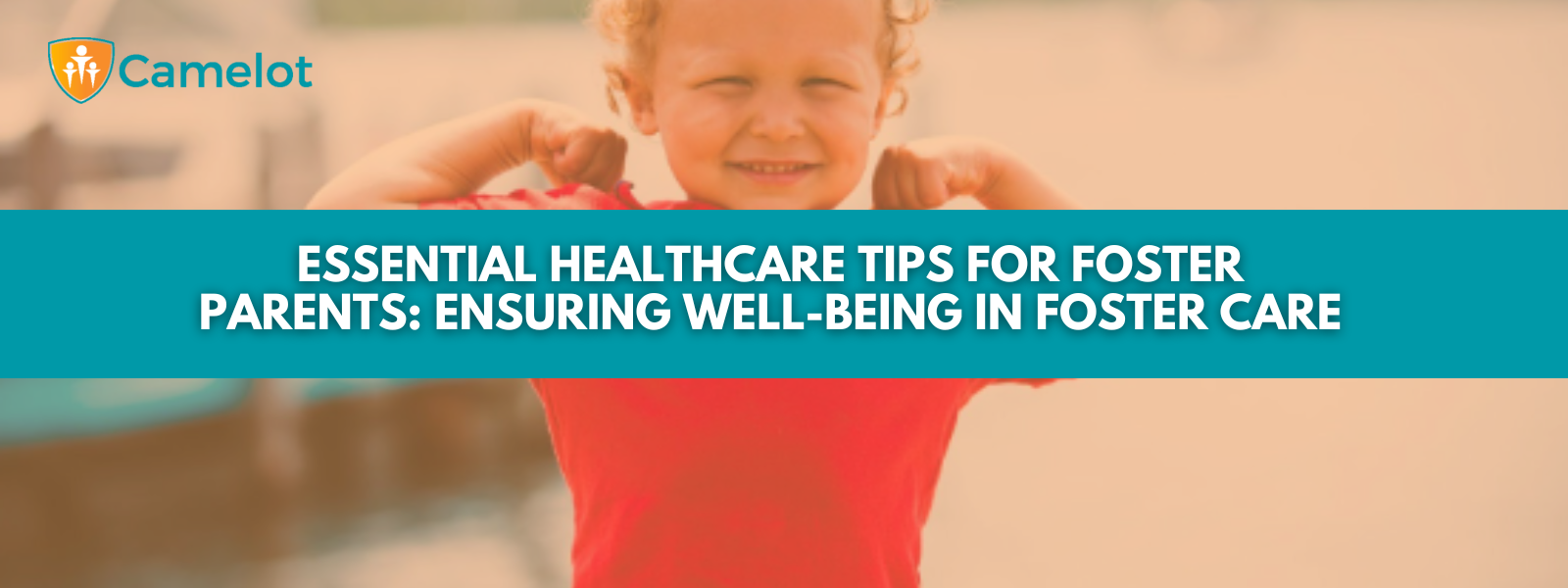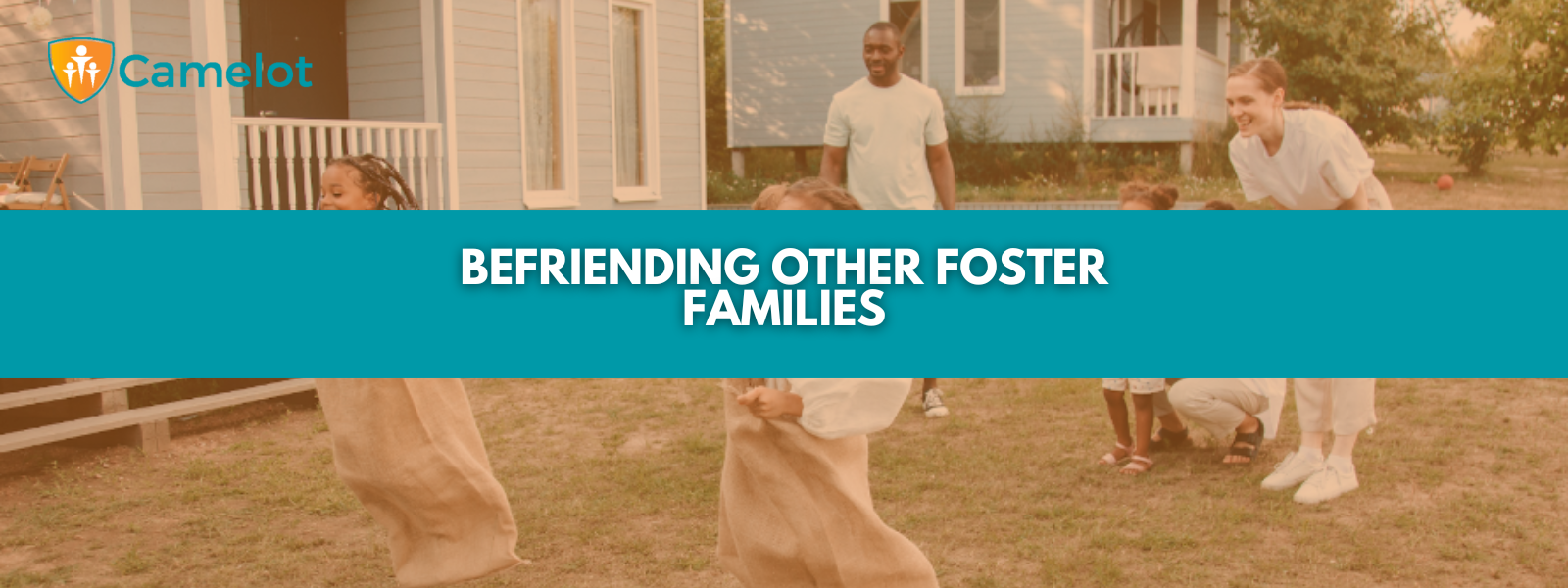A Comprehensive Guide to Foster Care Planning
A Comprehensive Guide to Foster Care Planning

In this nation, there are over 407,000 children and youth in foster care entering foster care each year. Many of the kids are placed in group homes or other communal living arrangements because there are just not enough foster families to care for everyone.
If you’re interested in being a foster parent, read on to learn how you can create a welcoming environment for your foster children to succeed in.
Being a Successful Foster Parent
Foster parents will inevitably face situations and difficulties that they do not feel prepared to handle. Fostering efficiently needs adaptability and a willingness to pick up new skills along the way. At the same time, remember that everyone involved, be that yourself or your foster child, is human, and allow yourself some grace when it comes to making mistakes and trying again next time.
Before accepting children into their homes, foster parents receive training, and social workers and other experts assist all along the way. Foster parents can frequently access programs for respite care and get assistance from neighborhood institutions like churches and online support groups as well.
Foster Care Planning
Each kid in the foster system must have a plan for their care. The protection of children must be prioritized in service planning, according to federal and provincial law. Careful service planning is necessary to assist children in achieving stability. Families receive assistance from service providers in situations that are extremely complicated and frequently emotionally challenging, with specific goals in mind. The possibility is that the service worker's efforts will assist everyone in achieving their objectives and improve the child's safety and well-being through appropriate intervention.
Whenever there is an issue that needs sorting out, the following steps should involve the child, family, and other significant individuals as appropriate:
- Describe the issue or need that must be resolved.
- To fully understand the nature and origins of the issue or need, as well as the strengths and resources the child and family have at their disposal to address it, gather and carefully examine all the information you can.
- Make clear what needs to be accomplished and the specific goals that must be attained.
- Choose the most appropriate course of action after discussing and analyzing the various options that might help you reach your goals.
- Determine who is responsible for what, how it will be done, and when it will be concluded.
- Consider whether the actions are effective on a regular basis and whether the goals, methods, or people in charge of the efforts should be changed.
Practice Principles
Like with any parenting, certain aims and principles should be practiced by any foster parent to foster a safe and happy household environment. These include (but are not limited to) the following:
- Families and children should be treated honorably and respectfully. Children, youth, and parents' opinions are heard, valued, and taken into account when decisions about safety, permanence, and well-being are made. This holds good when service and educational planning and placement decisions are taken, too.
- Each person's right to self-determination shall be upheld as long as it falls within the bounds of prevailing social norms and legal regulations.
- The foster parents must comprehend kids, teens, and families in the context of their own family norms, customs, history, and culture to better understand them as a person.
In a system that is family-focused, child-centered, and community-based, collaborating with others to encourage child and family success is also important. To enhance results for the kids, teens, families, and everyone involved, seek resources, neighborhood groups, and other collaborative and community-based support systems to foster a sense of belonging. If there are any issues that you are concerned about, bring them up with someone who can help and be open and honest so that the issue can be resolved quickly.
Legal Obligations
Federal and state laws outline the overall structure and particular specifications for creating service plans for foster care. In any situation, ensure that whatever you do must always stay within the law. Going to your specific state’s government website to see the laws on foster care can be a good place to start when looking for this information, as can speaking to those in the foster care system who have gone through the process before, or are there to help provide resources to those thinking about foster care.
Foster Care Plan Format Requirements
The Department of Children’s Services, with the input of the Child and Family Team, shall create a Permanency Plan. This is the roadmap for the family throughout the custody episode. The plan supports the safety, permanency and well-being of the child, while addressing any needs or concerns of the birth family. This becomes a legal court order once it is present to and signed off by a judge. Throughout the life of the case, the plan goals may change depending on the progress or lack of progress made by the family. Here are some items that should be addressed in the permanency plan:
- The foster care plan has to outline the full range of resources and supports necessary to help the child reach their permanent placement objective.
- The comprehensive child and family assessment process should identify the strengths, resources, and in-built supports of the child and family to tailor the plan to meet their requirements.
- To address specific demands, services should be provided for a predetermined amount of time.
- The child's placement needs, as identified in the child protective services safety assessment and the foster care initial assessment, must be addressed in the foster care plan in a direct manner.
Interested in Becoming a Foster Parent?
For children who have been removed from their birth family homes due to neglect, abuse, abandonment, or other problems affecting their health and/or safety, foster care is meant to be a temporary situation rather than a long-term solution. While every effort is made to help the child stay with his or her family, the majority of the time when a child enters foster care, they are put in a foster home. The local department of social services, the biological family, the child (if relevant), and any other community partners work together as a team with the foster family.
Foster parents must meet unique requirements due to the transient and complex nature of foster care. They are expected to take in, care for, and treat the child as if they were a member of their own family. Foster parents must comprehend the child's physical and emotional requirements in the context of their culture and be willing to provide for those needs. The foster care program offers the assistance and instruction required so that foster parents can look after and watch over the child in their care on a daily basis though, so do not feel as though you are alone if you decide to become a foster parent—there are many ready and waiting to help you!
In order to get approval to be a foster parent, you need to follow the following steps:
- Attend a one-time orientation session to get an overview of foster parenting.
- Complete a home study.
- Complete pre-service training.
- Submit a national Fingerprint Criminal Record check, as well as a child abuse and neglect history check.
- Participate in at least three (3) face-to-face interviews.
- Verify that you have enough income to provide for your family.
- Get a physician’s report verifying that you are physically and mentally capable of caring for a child.
- Submit the names of three (3) references.
The Role of a Foster Parent
Foster parents are expected to offer a child placed in their home a secure, enduring, temporary, and loving environment. Foster parents join a team that works to support the child and carry out the child's plans. Working with the courts, local social service departments, and other relevant organizations, a foster parent will make certain the child can have a happy and fruitful life.
Reunification
The process of reuniting a child with their family of origin after being placed in foster care is known as family reunification. Reunification is the main objective for children in foster care. Because of this, fostering is usually encouraged within the family first before other options are looked into. The issues related to birth parents must be adequately addressed in order to achieve reunification, as the child's safety and well-being are of utmost importance. The foster parents of the child and the welfare experts must support this.
To Conclude
One of the most rewarding jobs in the world is being a foster parent. Undoubtedly, there are many difficulties, but in the end, you are taking care of a life who, after what they have been through, has probably lost all hope in the world. You give a young person the ability to rediscover his or her own sense of self-worth and rekindle their enthusiasm for living. What could be more satisfying than that?
If you are interested in becoming
foster parents and are unsure of how to get started, reach out to the experienced team at
Camelot Care Center.
Contact us today if you have any questions; we can’t wait to hear from you!





Camelot Care Centers






